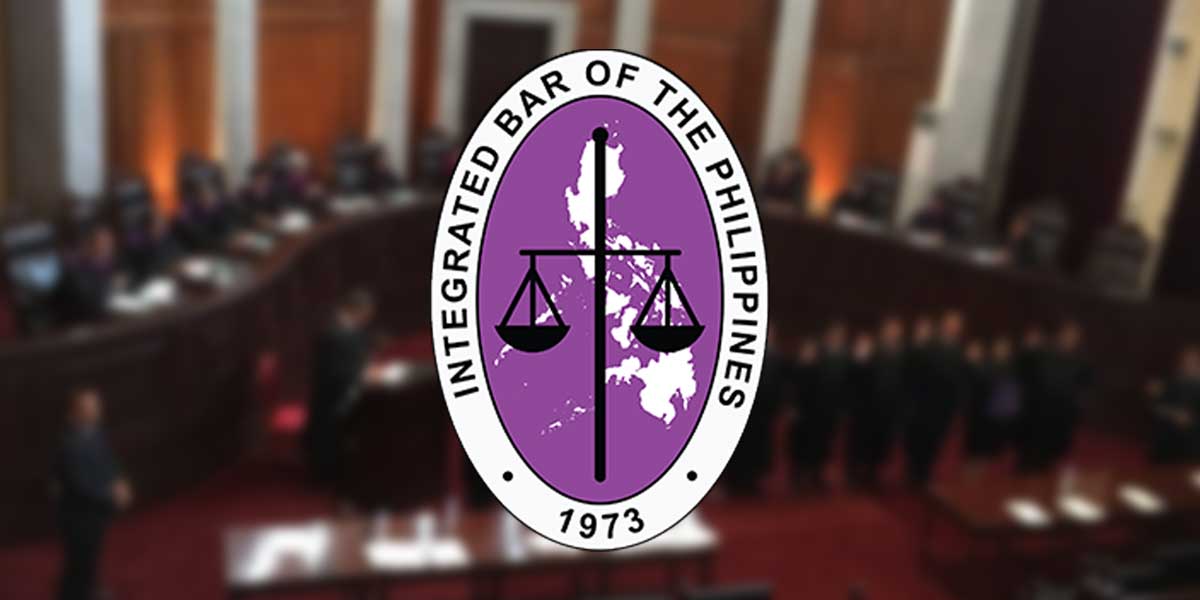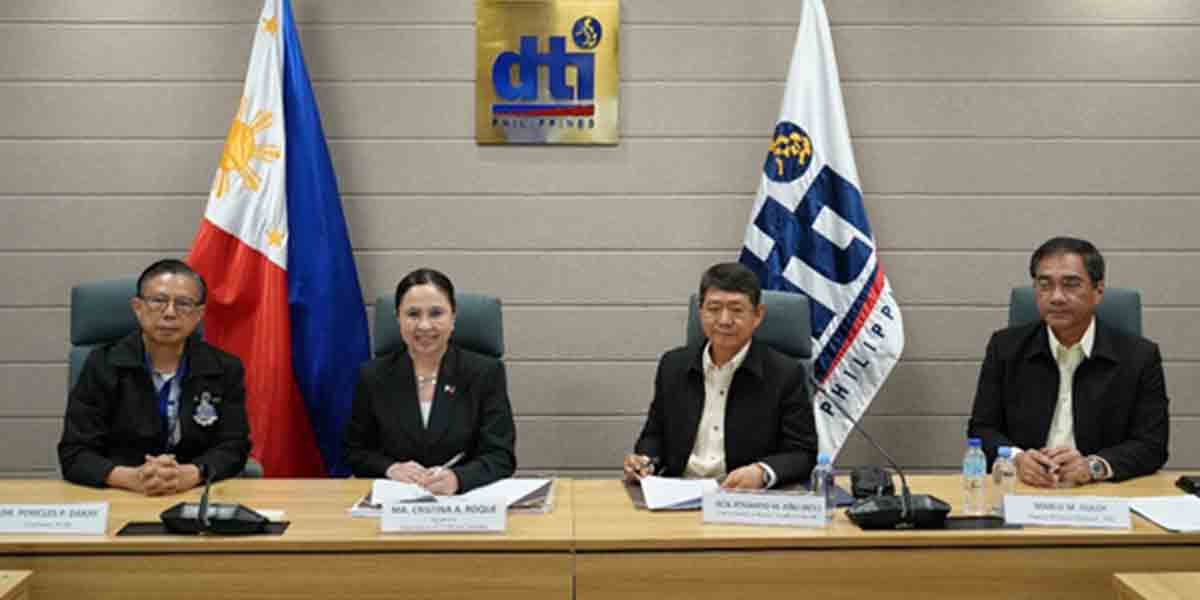By Joshua Corcuera
The youth is the future of the nation, they often say. Hence, when we shape the minds of the youth in our image, we can visualize what tomorrow brings. If we produce students of integrity and intellect, we can expect a peaceful and prosperous society for all. Otherwise, the future is dark and uncertain.
Thus, it begs asking: what kind of future are we creating if we have students who engage in cheating and dishonesty? As a saying goes, ang sinungaling sa maliit na bagay, ay sinungaling sa malaking bagay; ang manloloko sa mallit na bagay, ay manloloko sa malaking bagay.
If the students of today engage in cheating, aren’t we producing future professionals who are capable of committing fraud for their personal gain even at the expense of others? If they are able to cheat as early as now, how much more in the future? How much more five or ten years from now when they enter the professional world? How much more if they occupy positions of power and influence?
For instance, we often desire to have clean public officials, to have public servants who are not engaged in corrupt activities. However, if we are creating a culture where cheating and dishonesty are normal and pervasive in our schools, doesn’t that mean that we are producing corrupt leaders and professionals in government and in the private sector several years or a few decades from now?
On the other hand, if we impose strict policies that discourage and punish such forms of academic dishonesty, then it can be ascertained that students are being disciplined at a young age. Such discipline would be then carried forward as they grow up and, ultimately, once they enter the professional world, they would become responsible professionals who do not commit wrongdoings for their own benefit.
Some people might trivialize this matter. They might probably argue that a few points in a quiz should not be a big deal. While it may seem not significant at first glance to others, the problem is that a single action can eventually become a huge habit. Some sort of domino effect or butterfly effect could occur in such circumstances. If one becomes used to these actions, one is at risk of lacking integrity at all.
Aside from cheating, plagiarism is also a serious issue that should be addressed inside schools. Some students resort to copy-paste their assignments or projects from online sources, literally each and every word. It is quite preposterous that some people do not, at the very least, take some effort in paraphrasing what they copied online.
We have to remind ourselves that academic works are intellectual property and copying such works without consent constitutes stealing the property of others. Worse, the act of plagiarizing promotes a culture of laziness and irresponsibility, something which we do not want to see on ourselves and on future generations.
Altogether, do not cheat, especially in an important exam. Otherwise, you are making a fool out of yourself.





















